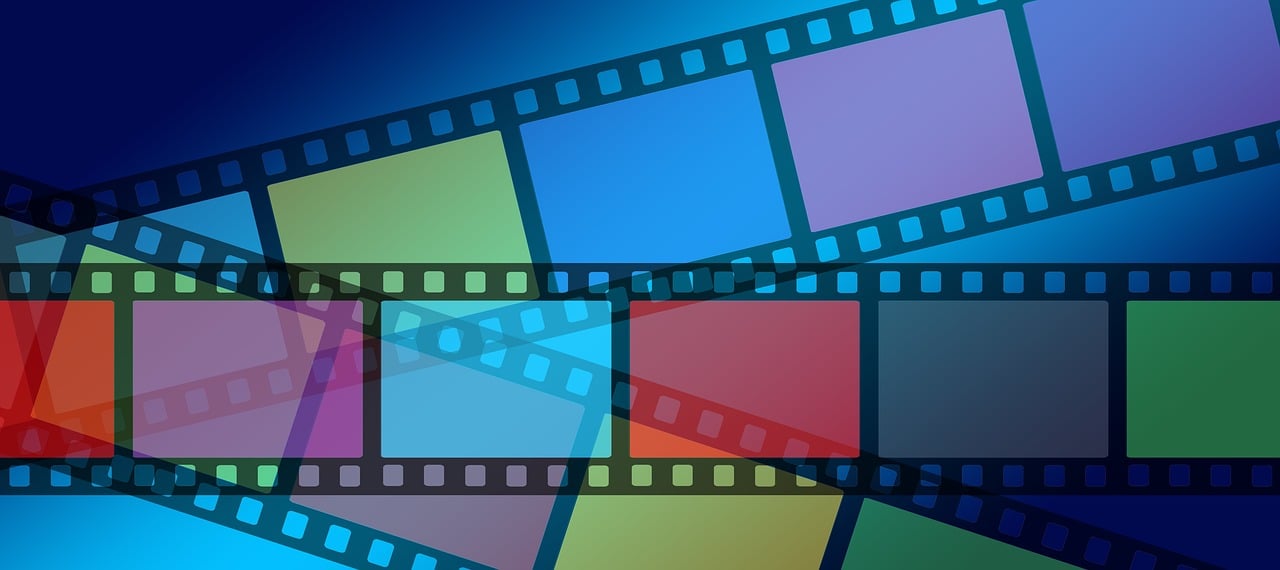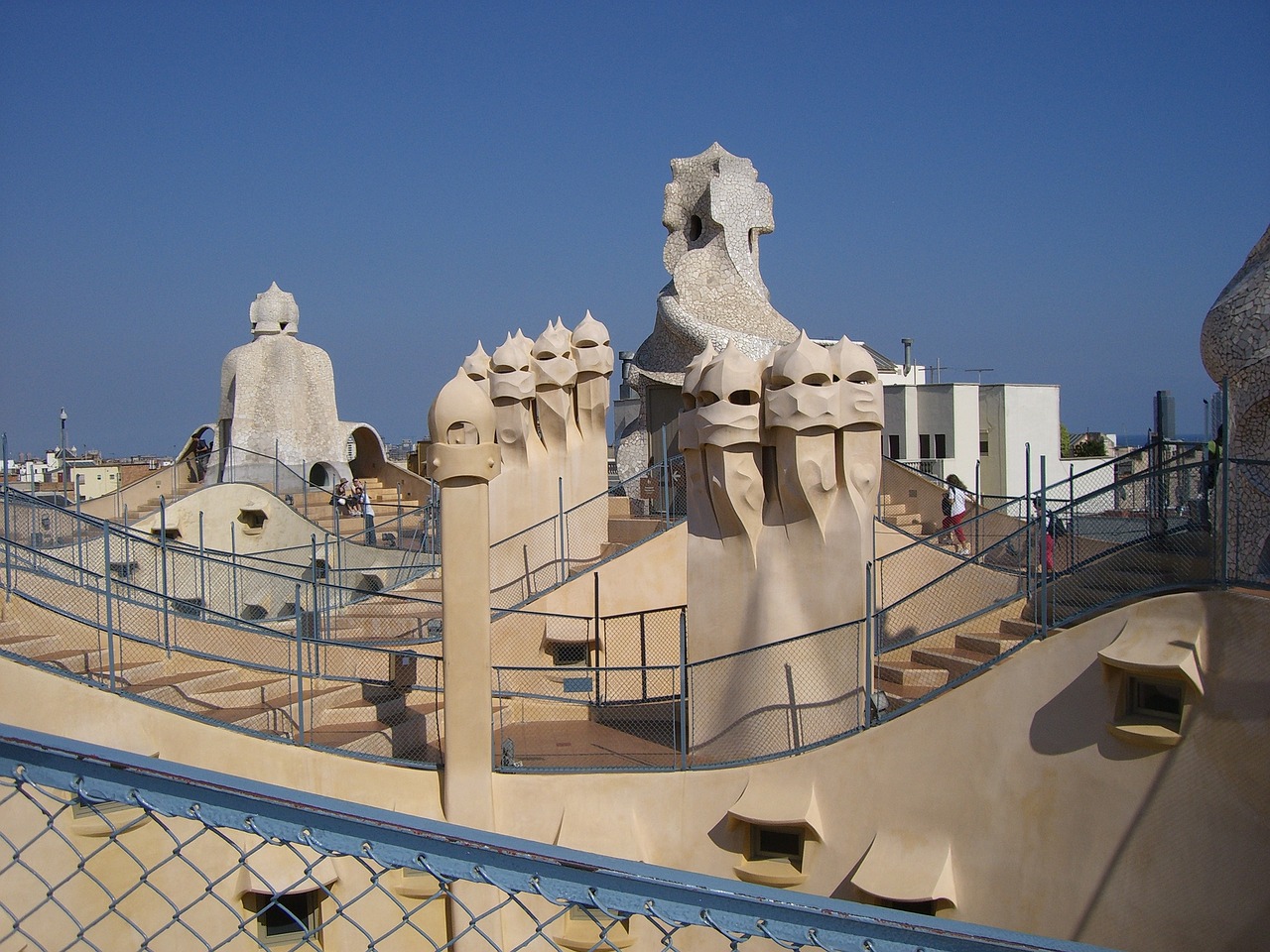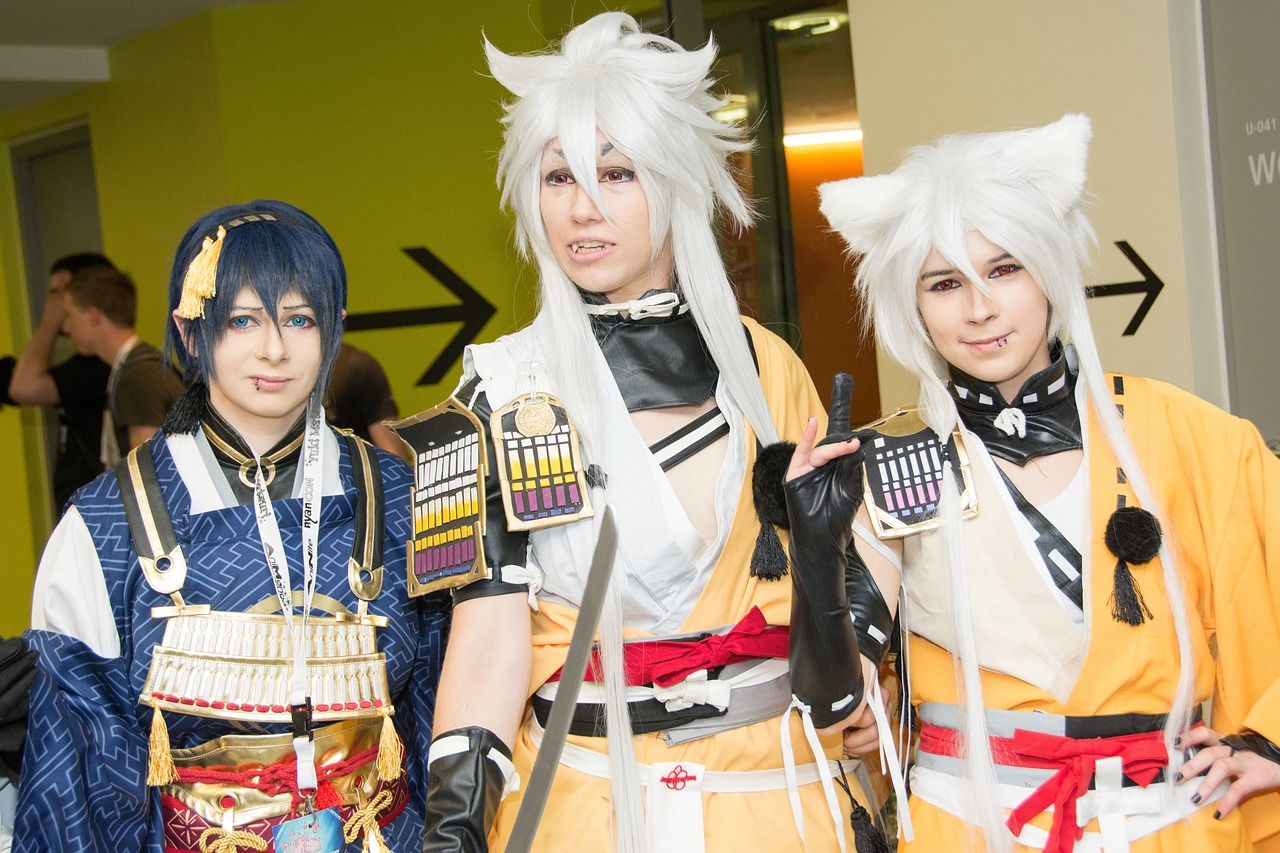Module suites - Semester 2
The School of the Arts (Languages, Linguistics, Comparative Literature and Film) covers a diverse range of subject areas, from which we have created a number of thematic programmes that can be chosen by you as a package. Below you can find such module suites that will be offered in Spring 2025. For modules in English and Drama, check here.
You can immerse yourself in a particular area of study, from postcolonial studies to a regional focus on Britain, Europe, or Latin America. Each thematic programme contains courses from the areas of film, literature, the languages and cultures of a society or region, taught by experts in the field.
To select one of the module suites, you don't need to register for a distinct pathway, just select the individual modules at the point of module registration, and select one or two free-choice electives. The suggested modules within each thematic programme will fit clash-free within your timetable, but please check that the free-choice elective you have selected fits as well, once the timetable has been published. If you replace some of the suggested modules with other modules, we cannot guarantee that they will be clash-free, so please do check.
You can choose from the following thematic programmes for Semester 2 (January - May 2025)

This module suite engages with novels and short fiction within the broader theoretical perspectives and questions of postcolonialism: one module focuses on fiction written within the context of the European colonisation of South Asia, South East Asia, Africa, the Middle East and the Americas, while the module on Russian Prose traces continuities and discontinuities between the imperialist politics of Russia and the literary themes of centre and periphery, people and power, geography and land, Westernisation and progress, Enlightenment and counter-Enlightenment, tradition and nationalism.
- Colonial Literatures, Post Colonial Perspectives (COM5200, 15 credits)
- Postcolonial Perspectives on the Russian Prose (RUS6069, 15 credits)
- Free choice of two more 15-credit electives (30 credits)

By taking this module suite you will study the ideas of three major German thinkers – including their theories of political economy, the philosophy of language and ideas about the unconscious. You will also study the interaction of Russian and East European social and political thought and literature with Western culture.
- German Thought I: Marx, Nietzsche, Freud (COM5008, 15 credits)
- The East in the West (COM608, 15 credits)
- Free choice of two more 15-credit electives (2x15 credits)
 In one of the modules in this suite you will explore how films can inform the ways we think about ourselves and understand the world around us, from how we experience cinema in our minds and bodies, to what scares us and how we assess right and wrong. The second module investigates the relationship of film to the paradigms of modernism and postmodernism in the twentieth century, and how postmodern cinema may be seen to rework past classical films, remixing the rules of genre and appropriating cultures from elsewhere.
In one of the modules in this suite you will explore how films can inform the ways we think about ourselves and understand the world around us, from how we experience cinema in our minds and bodies, to what scares us and how we assess right and wrong. The second module investigates the relationship of film to the paradigms of modernism and postmodernism in the twentieth century, and how postmodern cinema may be seen to rework past classical films, remixing the rules of genre and appropriating cultures from elsewhere.
- Film Philosophy (FLM6020, 15 credits)
- Modern/Postmodern Cinema (FLM506, 15 credits)
- Free choice of two more 15-credit electives (30 credits)

‘Language in the UK’ introduces you to diverse language situations in Britain, including English dialects, Celtic and French varieties, and immigrant languages. This is supplemented with a cultural module which introduces British cultural history from the late Victorian period to the present, from the discourses of Empire to contemporary discourses of Britishness in relation to multiculturalism.
- Language in the UK (LIN4205, 15 credits)
- Morphology of British Culture (EAL5600, 15 credits)
- Free choice of two more 15-credit electives (30 credits)

This module suite contains two modules that focus on theatre: tragedy as one of the most vital and enduring European literary genres from antiquity to the present, drawing on examples of the genre in the national literatures, and asking why we can take a kind of pleasure in the spectacle of human misfortune, and the second module introducing some fundamental styles and plays from European avant-garde theatre, set within an artistic and socio-political context. The third module widens the scope by specifically focusing on modern and contemporary Catalan culture, spanning the topics of nationalism, the politics of language, and football.
- Avant-Garde Theatre in Europe (COM6007, 15 credits)
- European Tragedy (COM507, 15 credits)
- Catalan Culture: Art, Literature and Football (COM5011, 15 credits)
- Choose one of the following languages:
- French Language and Culture I (a) (LAN4013, 15 credits)
- Spanish Language and Culture I (a) (LAN4023, 15 credits)
These language modules are for beginners. You can also select a non-beginner language module if you already have some knowledge of the language and want to improve it, but you need to check whether it fits into your timetable.
OR: Free choice of one more 15-credit elective instead of a language module.

This module suite spans two continents: you will investigate how key mythical figures from Greek and Roman antiquity have been adapted to suit new contexts and re-purposed for contemporary social debates, in literary translations and adaptations as well as films, operas, children’s magazines and computer games. Analysis will focus on issues of identity and representation, including from intersectional and postcolonial perspectives. The second module in this suite provides an overview of academic debates centred around evolving gender and sexual politics in contemporary China. Topics will include fandom and the popularity of online literature, influencers and gender performativity, feminist and LGBTQ+ activism and the creation of queer media, in the light of the Chinese context of censorship and governance.
- Postsocialist intimacies: Gender and sexual politics in contemporary China (SML5213, 15 credits)
- Epic Remakes: Ancient Hero(in)es and Modern Society (COM6212)
- Free choice of two more 15-credit electives (30 credits)

This module suite provides an insight into the multiple political, ethnic and cultural traditions that characterise the countries of this region. You will study Latin American cinema from the emergence of the continental `New Latin American Cinema’ movement of the 1960s and 1970s to the transnational film production of today. You will also study the evolution of Brazilian cinema from Cinema Novo to recent radical experimentations using film as a tool for the empowerment of the marginalized, and discuss Brazil's emphasis on the social agenda as its contribution to world cinema. Finally, the third module examines portrayals of industrial work and focuses on representations of reproductive labour. It enables students to examine the links between these depictions and different labour movements.
- Latin American Cinema from the 1960s to the Present (FLM6055, 15 credits)
- Brazilian Cinema: The Social Tradition (FLM5034, 15 credits)
- Labour in Latin American Culture (SML6207, 15 credits)
- Free choice of one more 15-credit elective module

This module suite enables students to learn about the systematic study of language-in-use through the example of how English is used in different contexts. You will also learn about language development in individuals who are proficient in more than one language, by examining bilingualism and multilingualism from a linguistic, psycholinguistic and sociolinguistic perspective. Finally, one of the modules looks at the many uses of Linguistics in real-world situations and fields of work, with talks given by representatives from a range of professions, such as forensic linguistics in criminal investigations and courtrooms, dialect coaching for film and theatre, speech and language therapy for children and adults with communication disorders, or the use of computational linguistics in IT and search engines such as Google.
- Sociolinguistics: English in Use (LIN4211, 15 credits)
- Applying Linguistics in the Real World (LIN5206, 15 credits)
- Multilingualism and Bilingualism (LIN6034, 15 credits)
- Free choice of one more 15-credit elective (15 credits)
 What is illness? How does Western medicine define disease and wellness? Are these definitions universal? What happens when different cultural understandings of life, health, wellbeing and death come into conflict with one another? How are medicine and healthcare shaped by different social, historical and cultural contexts? The Medical Humanities examines these questions critically, and illuminates the assumptions, cultural norms and political judgements inherent within medicine and healthcare. This suite will provide you with a critical introduction to key issues in the study of the medical humanities from a global perspective.
What is illness? How does Western medicine define disease and wellness? Are these definitions universal? What happens when different cultural understandings of life, health, wellbeing and death come into conflict with one another? How are medicine and healthcare shaped by different social, historical and cultural contexts? The Medical Humanities examines these questions critically, and illuminates the assumptions, cultural norms and political judgements inherent within medicine and healthcare. This suite will provide you with a critical introduction to key issues in the study of the medical humanities from a global perspective.
- Medicine and Ethics in Contemporary Global Literature (COM6066, 15 credits)
- Cinema and Disability (FLM5064, 15 credits)
- Free choice of two more 15-credit electives (30 credits)